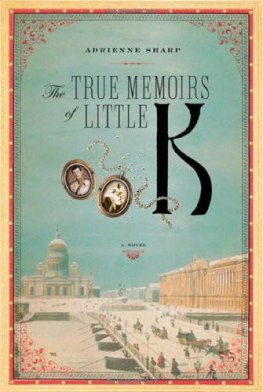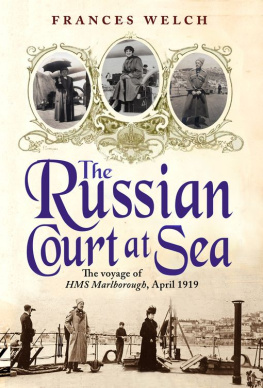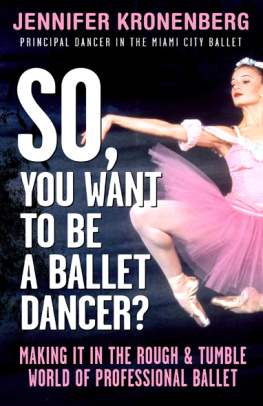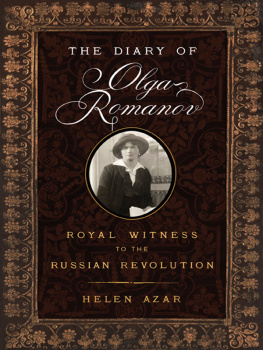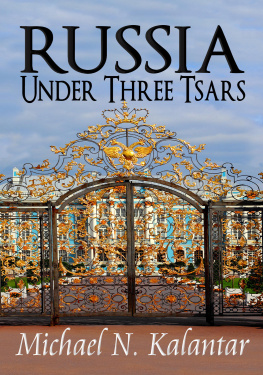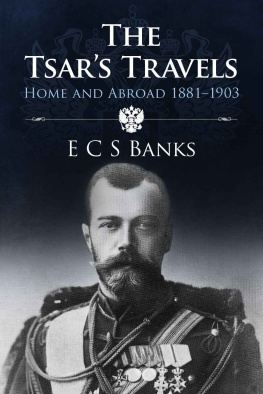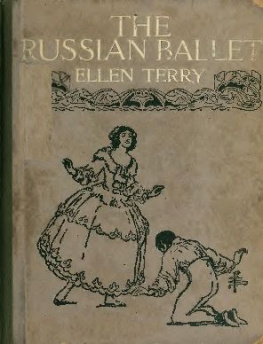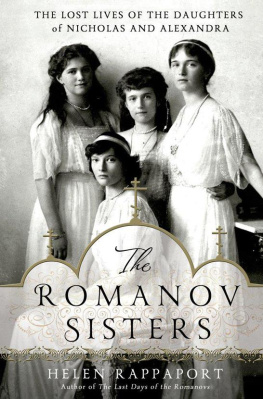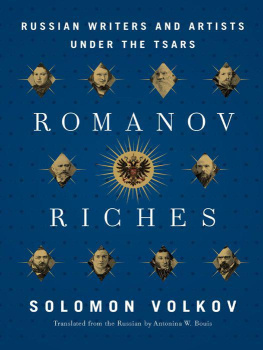Adrienne Sharp
THE TRUE MEMOIRS OF LITTLE K

My name is Mathilde Kschessinska, and I was the greatest Russian ballerina on the imperial stages. But the world I was born to, the world I was bred for, is gone, and all the players in it are also gonedead, murdered, exiled, walking ghosts. I am one of those ghosts. Today in the Soviet Union, it is forbidden to utter my name. The authorities have wiped it from their histories of the theater. I am ninety-nine years old, an old lady with a hairnet and a pinched mouth and yet they still fear me. I stood barely five feet at the height of my famemy shoe size a threebut now I neither stand nor walk. I sit with my eyes closed in my Paris home of fifty years and live in the past, the mementos of my old Petersburg life all aroundsepia photographs of the imperial family and of my son, my fathers icon of Our Lady of Czestokowa, his ring with the arms of Count Krassinsky, a medal from the tunic of my husbands old uniform from the Horse Guards. Like those things, I, too, am a relic. But traces of that old world remain, you know, buried somewhere beneath this world. The Winter Palace. The Maryinsky Theater. Tsarskoye Selo. Peterhof. I see that world more clearly than I see the avenues and trees outside my window here in the 16th Arrondissement. What is there to interest me here? The hippie boys in their psychedelic pants, the hippie girls in their short skirts and long, uncombed hair? The world I knew was grand, the court more elaborate than the French court under Louis XIV. I was the lover of two grand dukes, the mistress of the tsar. The last tsar.
He called me Little K.
I can still see the imperial Romanov family, not that of Nicholas and Alexandra, but the imperial family of my youthTsar Alexander III and his wife and his children, of whom Niki was one. The imperial family, the imperial family is coming. I see them coming down the hall from the little school theater, with its wooden chairs set in rows before the primitive stage where we students had just performedI in the coquettish pas de deux from La Fille mal gardetoward the big rehearsal room where the celebratory dinner was set. This was the day of my graduation performance, March 23, 1890. I was seventeen. The Romanov tsars were patrons of a great string of imperial theatersin Petersburg alone we had the Maryinsky, the Alexandrinsky, the Mikhailovsky, the Conservatoire, the English Theaterand patrons, too, of the artists who filled their stages and the students who filled the theater schools. Why, look what happened to the little girl who one year ran after the emperor when he made his annual visit to the school for the graduation performance. Breaking away from her chaperones and catching up with him, she kissed his hand, and Alexander, touched, asked her what she desired. Seizing the moment, like any good opportunistand I have always admired an opportunist, being one myselfshe whispered, To be a boarding student. And he said, grandly, Done. Just like that she was given a bed and with it a stature greater than the simple day student, over whom she could now lord herself. Yes, the family always attended the annual graduation at the school, and down its halls they made a parade far more thrilling than any royal processional we enacted on the stage. Down the broad corridor strode the emperor, taller than anyone, a trunk like a barrel, his forehead a stone wall, and behind him the empress, tiny like me. Where is Kschessinska? he called. He knew my name because I was the youngest daughter of the great Felix Kschessinsky, who had been dancing for the Romanovs for almost forty years. That was how the tsar knew my name and as for why the tsar liked me, called for me: perhaps because I was the theatrical expression of his consort, small, bright-eyed, dark hair set in waves. Yes, that must have been why. He saw how we were alike. I ruled my world with the same great vivacity she used to rule hers, and wasnt my world but a miniature of her ownits rituals, its hierarchies, its costumes an echo of the elaborate Romanov court? I lived my life in one world, but I planted my footmy slipperin the other.
That day, that day of my graduation performance where I took the first prize, a heavy volume of the complete works of Lermontovwhich I never read but planned to use as a flower press and then never opened even for that!the emperor moved the girl who was to sit at his left at the schools modest supper table and put me in her chair, placed Nicholas at my left, and then said, Dont flirt. By which, of course, the emperor meant the opposite. If the emperor was a giant, the tsarevich was a faunsmall, slightly built inside his uniform, his cheeks pretty and soft. I had seen him before that day only from a distance, but now both he and I were almost adultshe would finish with his tutors and lessons that spring and later that year he would hide the childish softness of his face with his new beard, but on this day his cheeks and chin were exposed and it made him seem gentle; this gave me a courage that had he looked any more formidable I might not have had. I understood my talent had brought me into a new orbit, one with a path higher up into the heavens, and I was not afraid to fly there. At seventeen I knew better how to flirt than Nicholas did at twenty-two, and I was prepared to do so as soon as he spoke to me first. I knew at least that much: to wait. Until then, I pinched at the little blue forget-me-nots sewn to my dress to keep my fingers from pinching at him. And what did the tsarevich finally say to me? He gazed at the plain white drinking glasses set at each place rather than look at my face, which was, I am sure, radiant from the attention of his father and the proximity of the heir. I was never a beauty, my two front teeth tilt inward, the dog teeth protrude, the Russian tabloids drew me that way in caricature, but I was eager and I had those eyes, eyes like a fairy. Louis XV kept his mistresses in the Parc des Cerfs. The gossips would later call me the fairy of the Parc des Cerfs. So what did the tsarevich say to the fairy while he looked down at the table? Dont laugh. This: Im sure you dont use drinking glasses like these at home.
That was the best he could manage. A few months later he would join the Hussars and begin to drink and carouse with his fellow Guards, who prodded him out of his timidity. But this Niki, slow and shy, made my work so much harder! Drinking glasses? What was I to say to that? Accustomed to the crystal of the Minister Service or the Petrograd Service, Im sure Niki found those plain glasses clumsy, though I would never have noticed it. I pretended I had. Smiling, I flicked at one with two fingers to laugh at its dull ting. The milieu of the Romanovs was quite extraordinary, you know. I spent my life trying to imitate it. To join it.
It was no accident, our initial introduction. It occurred by the emperors direct design, as did everything in Russia. After all, the country was the fiefdom of the tsar and it existed only for his pleasure. We girls at the Imperial Theater Schools were no exception. From our ranks, the emperors and the grand dukes, the counts and the officers of the guards, chose their mistresses, kept an eye out for a shapely leg or a pretty face. Why, one of them described the ballet as an exhibit of beautiful women, a flower bed in which everyone can pick the flowers of pleasure. The officers on horseback used to follow the coaches stuffed with girls as we traveled from the school to the theatera tradition that dated back decades to even before the Maryinsky was built, when the coaches took the girls to the old Bolshoi Theater on Theater Square, where my father danced before it was razedcalling out to us and asking our names, which our chaperones forbade us to give, though we wanted to. I had to put my hand over my mouth to keep my name from spilling out:

